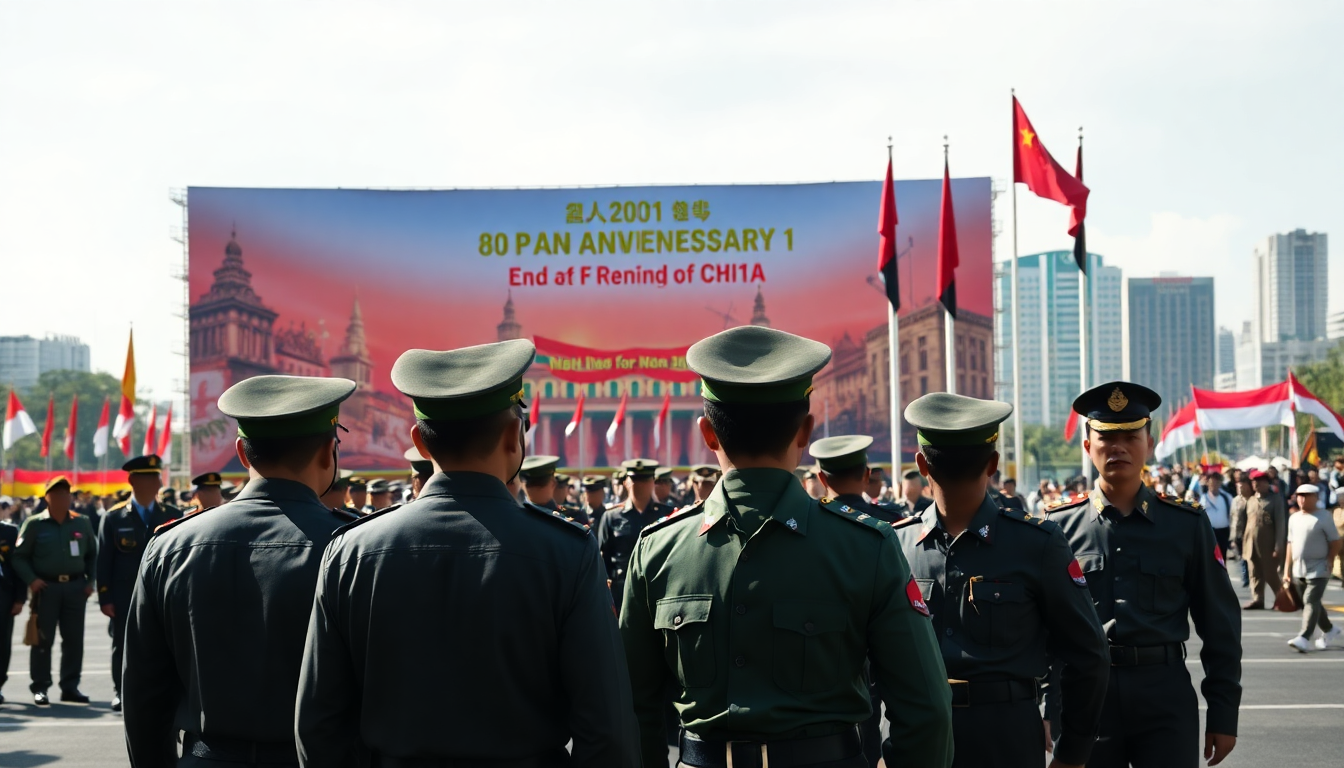Table of Contents
Indonesia is at a crossroads as President Prabowo Subianto embarks on a significant diplomatic journey to China. His trip coincides with a military parade celebrating the 80th anniversary of the end of World War II. This comes on the heels of widespread protests across the country, sparked by the controversial distribution of lavish perks to lawmakers, leading to civil unrest and sadly, at least six fatalities.
Although these demonstrations initially made the president reconsider his travel plans, signs of a return to normalcy in public life have allowed him to proceed with his visit.
The Recent Protests Explained
The protests that erupted in Indonesia were a direct reaction to what many perceived as a disconnect between the government and the everyday struggles of its citizens.
When the government decided to offer extravagant benefits to lawmakers, it felt like a slap in the face to many Indonesians who were already grappling with economic hardships. The outrage was swift and intense, bringing to light the socio-political vulnerabilities that exist within the country.
In response to the unrest, President Prabowo had to retract some of the proposed incentives, highlighting the delicate balance the government must maintain in addressing citizen concerns while juggling political pressures.
As time went on, reports indicated that public sentiment was beginning to stabilize.
State Secretariat Minister Prasetyo Hadi confirmed that President Prabowo was keeping a close eye on the developments and had received reassurances from various officials about the gradual return to normalcy. This shift in public perception likely played a crucial role in the decision to move forward with the visit to China, showcasing a strategic pivot in response to both internal and external political landscapes.
What the China Visit Means for Indonesia
President Prabowo’s trip to China isn’t just a ceremonial affair; it holds significant implications for Indonesia’s foreign relations and military collaboration. The invitation from President Xi Jinping highlights the importance of bilateral ties between the two nations, especially concerning regional security and economic cooperation.
The military parade in China serves as a stage for Indonesia to showcase its commitment to strengthening defense relations—an essential consideration given the shifting geopolitical dynamics in Southeast Asia.
Moreover, engaging with China amid domestic challenges reflects a smart diplomatic strategy. As Indonesia aims to enhance its international standing, building relationships with powerful allies like China could be advantageous, particularly in attracting economic investments and forging technological partnerships. This visit could also project an image of stability and confidence to both domestic and international audiences, reinforcing the government’s narrative of returning to normalcy.
Looking Ahead: Challenges of Stability and Governance
As President Prabowo returns from China, attention will inevitably shift back to the domestic front. The government now faces the challenge of addressing the root causes of the recent protests while ensuring that public sentiment remains favorable. The political landscape is ever-changing, and the administration must navigate a careful course to maintain stability. The recent unrest serves as a stark reminder of the complexities involved in governance, particularly in a diverse and populous nation like Indonesia.
In conclusion, President Prabowo Subianto’s trip to China represents a pivotal moment for Indonesia as it works to overcome recent turmoil. If this visit is successful, it could signal a renewed commitment to governance and international engagement, setting the stage for future developments in both domestic policy and foreign relations. The world will be watching closely—will Indonesia emerge stronger from this challenge?





